Are Carrots Safe for Dogs? Learn About the Powerful Veggie's Benefits
Published Nov. 18 2020, 4:16 p.m. ET
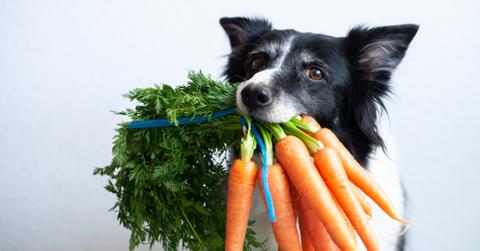
Dogs are capable of many things. They are capable of love, loyalty, trust, and obedience, but what they are most capable of is trouble. If your dog is anything like mine, they will eat just about anything they can get their mouth on, whether it’s actually good for them or not.
As such, you’ll likely be familiar with that moment of semi-panic you experience when a bit of something flies off the kitchen counter and into the waiting mouth of your expectant companion. It doesn’t matter if it’s a Christmas ham or a garden salad — your dog wants a piece of it. It all begs the question: Are carrots and other vegetables safe for dogs to eat, or are they just empty calories?
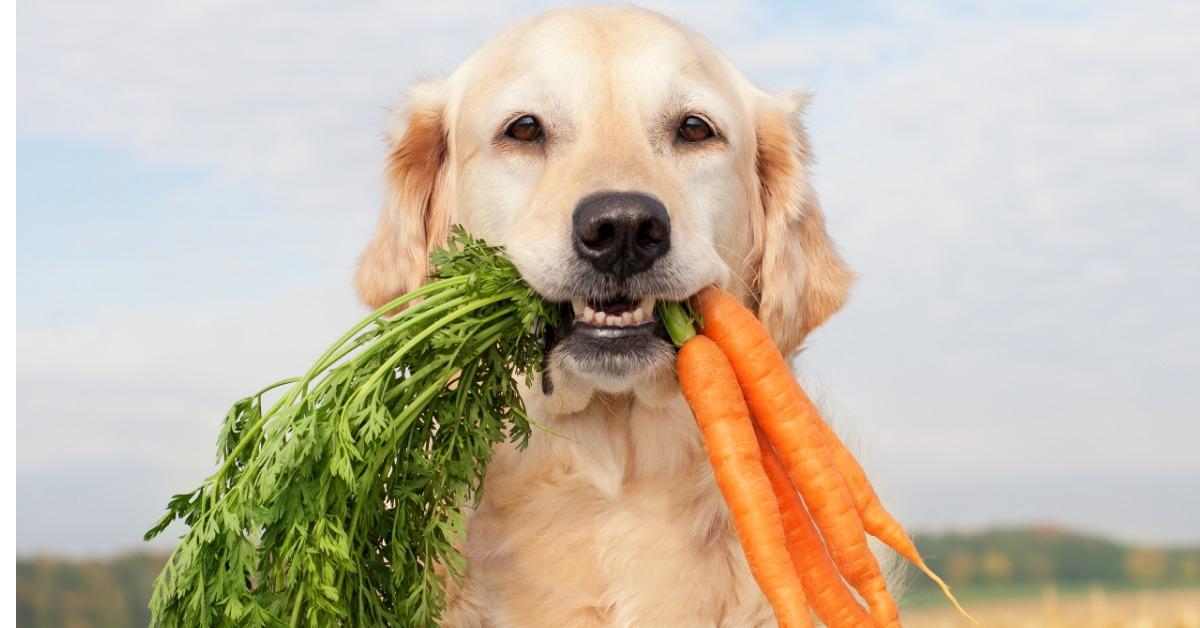
Can dogs eat carrots?
Dogs eat anything they want. They’ll eat poisonous mushrooms, a dead bird off the sidewalk, or a used tissue out of the bathroom garbage. According to Wapiti Labs, dogs have incredibly powerful stomachs. This is because their GI tracts have adapted to be able to process large amounts of bacteria.
A dog’s stomach utilizes strong hydrochloric acid in large concentrations, about 10 times that of an average human stomach. These evolutionary adaptations are a sort of defense system that kills a huge portion of the bacteria and grants dogs a sort of “iron gut,” as it were. By this logic, they can eat and digest many nontoxic but potentially hazardous foods and non-foods. Which means they can most certainly eat carrots, no question — but should they?
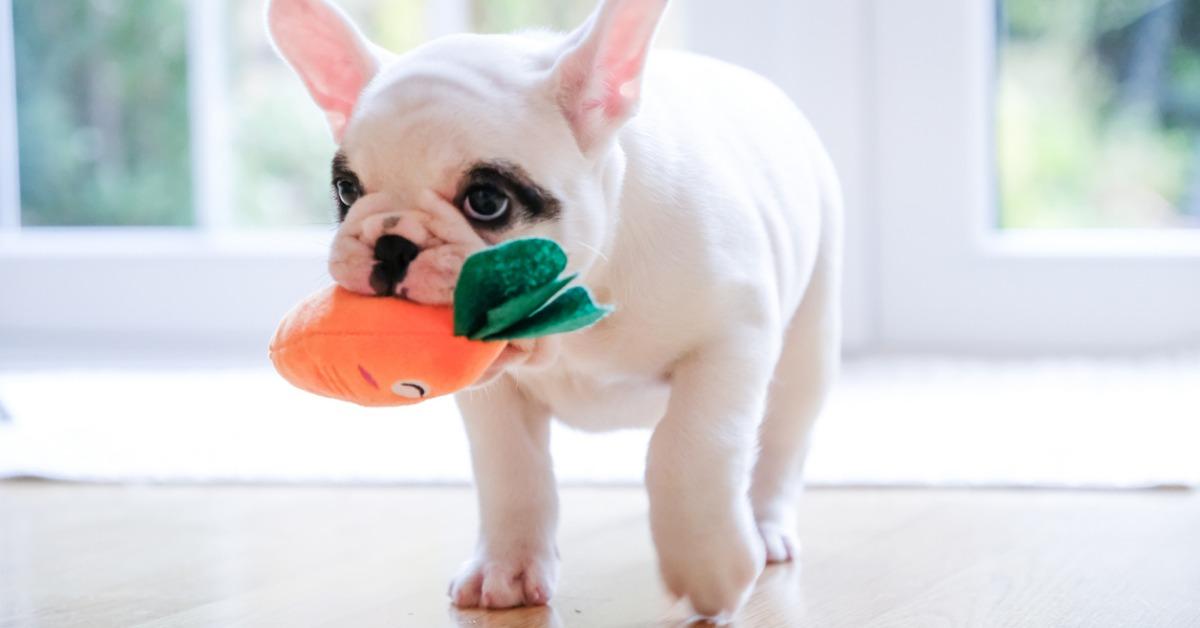
Are carrots good for dogs?
Not only can you feed carrots to your dogs, you absolutely should. Carrots represent a nutritious, low-calorie snack for dogs. They’re readily available, can be cut to manageable size regardless of breed, and best of all, they’re cheap — a lot cheaper and better for your dogs than most commercial dog treats that may or may not be culled through sustainable agriculture.
Many of these commercial dog treats also tend to be very high in fat content and, according to Dog Food Advisor, might contain additives or preservatives that could be harmful to dogs.
As homeopathic vet Dr. Jeff Feinman told PetHelpful, it's recommended to grate or steam carrots before feeding them to your dogs to make the carrots easier to digest and the nutrients more easily absorbable. Dr. Feinman added that two to three baby carrots per day is generally an appropriate amount for a dog, but you can adjust this depending on your dog's size.
Chewing on carrots can also improve your dog’s dental health as well. According to the American Kennel Club, some vets even recommend feeding puppies cold or frozen carrots to help with their teething. The chilly carrots work in the same way as teething rings do for human babies whose teeth are coming in, as they soothe the teething discomfort.
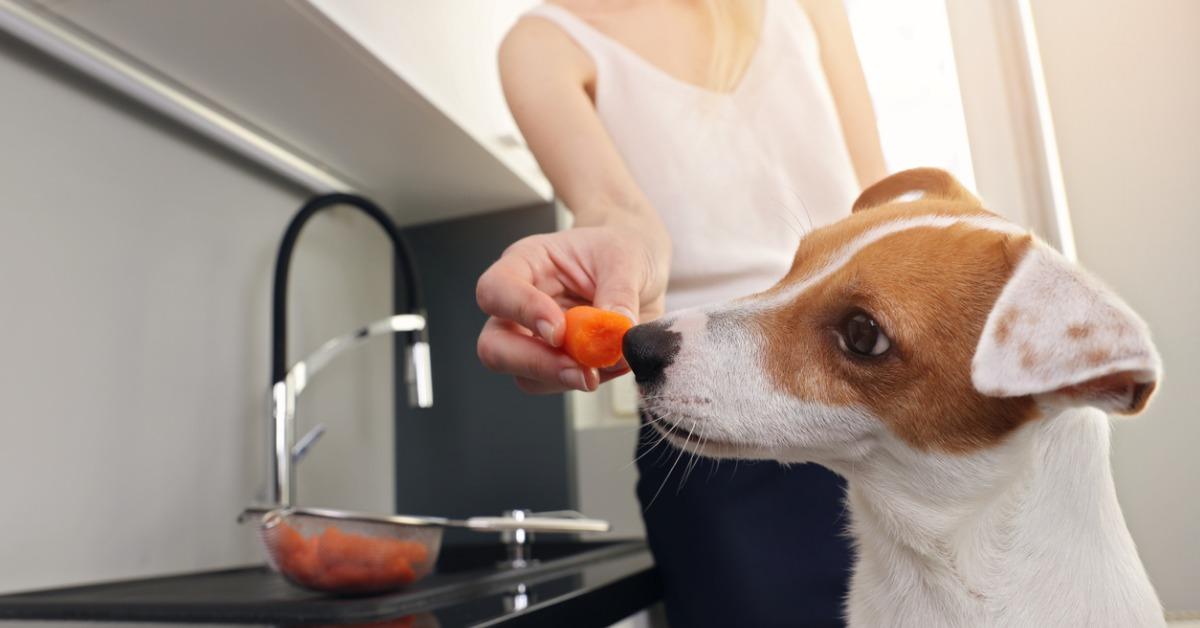
What other vegetables can dogs eat?
Dogs can eat quite a few vegetables without getting sick. Some of these include broccoli, kale, green beans, beets, sweet potato, and cucumber, to name a few. Dogs can also enjoy a number of fruits like strawberries and blueberries.
If you want to start feeding your dog more fruits and veggies, don't just immediately start replacing their meals with random produce. Please check in with your vet before making any major changes to your dog's diet.
That said, avoid onions, garlic, and grapes, at all costs. These foods are toxic to dogs and should never be given to them.
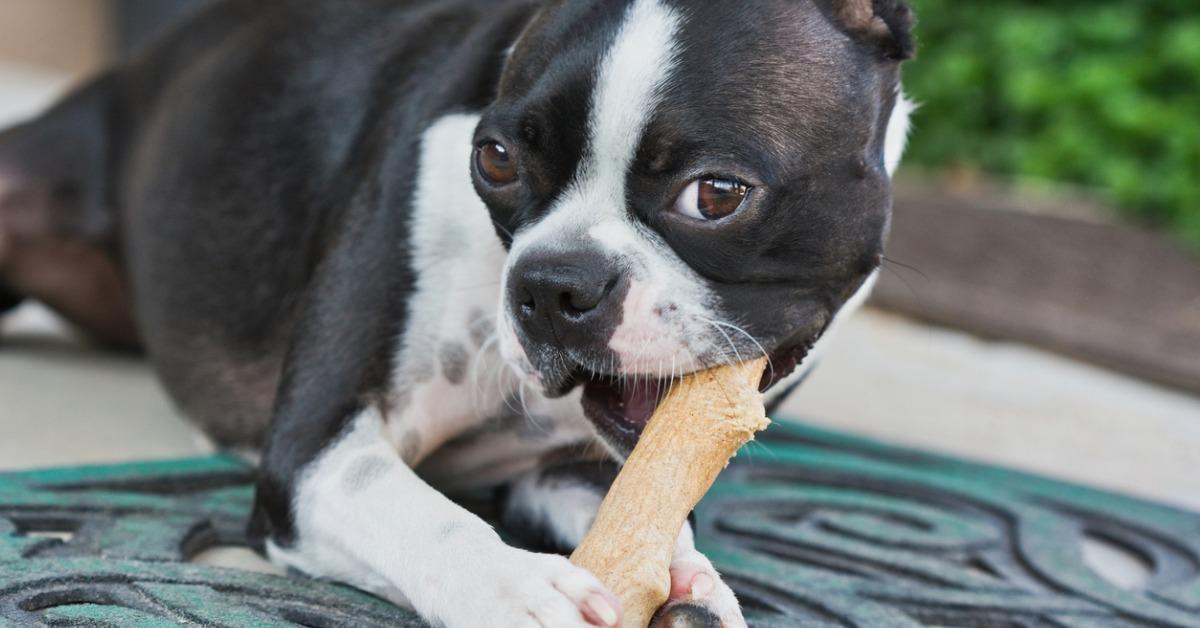
How many carrots are too many for your dog?
Seeing as this article is discussing canines and not rabbits, it should be fairly obvious that carrots should not end up making up the bulk of your dog’s diet. Carrots are an excellent source of vitamin A, potassium, vitamin K1, antioxidants, and fiber, which makes them great for dogs, bunnies, and humans alike.
Unfortunately, carrots also have a lot of natural sugars in them, so you should be careful about how much you give to your pup. Come to think of it, you shouldn’t overdo it on carrots for your bunnies either — at least according to the RSCPA. If you’re not sure how much your dog can handle, be sure to reach out to your vet. Also, make sure the carrots are cut neatly and washed clean of all dirt and pesticides before feeding them to your pet.